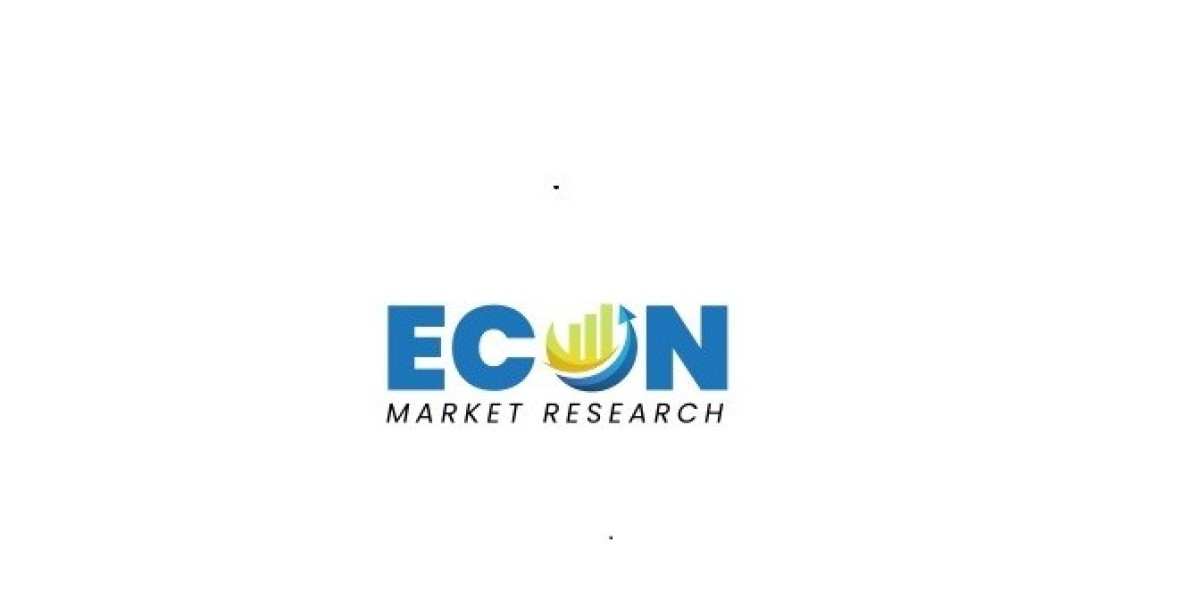The research antibodies and reagents market is witnessing robust growth, driven by the ever-increasing demand for scientific innovation in life sciences. With advancements in genomics, proteomics, and personalized medicine, antibodies and reagents have become indispensable tools for researchers across the globe. From drug discovery to disease diagnostics, these products are playing a critical role in fueling cutting-edge research.
What are Research Antibodies and Reagents?
Research antibodies and reagents are essential for various laboratory techniques, such as immunohistochemistry (IHC), enzyme-linked immunosorbent assays (ELISA), and Western blotting. Antibodies, which are proteins produced by the immune system, can specifically bind to antigens (foreign substances like proteins or pathogens) to help researchers detect and study them. Reagents, on the other hand, include chemicals and materials that support various biochemical processes during experimentation.
These tools are crucial in a wide range of research areas, including immunology, molecular biology, and biotechnology, which are directly impacting advancements in medical diagnostics and therapeutics.
Market Size and Growth Projections
The global research antibodies and reagents market was valued at approximately USD 11.8 billion in 2023 and is expected to grow significantly, reaching USD 16.2 billion by 2028. This growth represents a compound annual growth rate (CAGR) of 6.5% during the forecast period. The continuous evolution of life sciences research, coupled with growing healthcare needs, is contributing to the strong demand for these products.
Key Market Drivers
Several factors are fueling the growth of the research antibodies and reagents market:
- Increased Research Funding: Both government and private sector investments in life science research have been consistently rising. The availability of funds for projects in genomics, drug discovery, and disease profiling has led to heightened demand for high-quality antibodies and reagents.
- Advancements in Personalized Medicine: The rise of personalized medicine, which tailors treatments based on individual genetic profiles, is driving the need for specific antibodies and reagents. These products are essential for understanding genetic variations and how they impact health and disease.
- Rising Industry-Academia Collaborations: Collaborations between academic institutions and biotechnology or pharmaceutical companies are accelerating the development of new drugs and therapies. These partnerships often require specialized antibodies and reagents to support research processes.
- Technological Advancements: The advent of technologies like CRISPR and next-generation sequencing (NGS) has revolutionized molecular biology research. These technologies rely heavily on the use of antibodies and reagents for gene editing, protein analysis, and other crucial experiments.
Market Segmentation
The research antibodies and reagents market is segmented into various categories based on applications, end users, and regions.
- Applications: The proteomics segment holds the largest market share. With increasing focus on understanding proteins and their roles in disease, proteomics has become central to research efforts in cancer, neurodegenerative diseases, and other conditions.
- End Users: Research laboratories dominate the market, driven by the need for high-quality reagents and antibodies to support academic and clinical research. Additionally, pharmaceutical and biotechnology companies are significant contributors to market growth due to their focus on drug discovery and development.
- Regional Insights: North America leads the market, accounting for more than 39% of the global share in 2023. The U.S. is particularly strong, thanks to the country’s investment in drug development, biotechnology, and clinical research. Europe and Asia-Pacific are also emerging as key players in the global market, driven by increasing investments in research and life sciences.
Request a sample@https://www.econmarketresearch.com/request-sample/EMR00259/
Key Players in the Market
Several major companies dominate the research antibodies and reagents space, providing an array of products and services to meet the growing demand in the life sciences sector. Some of the key players include:
- Thermo Fisher Scientific Inc. (US)
- Abcam plc (UK)
- Merck KGaA (Germany)
- Bio-Rad Laboratories, Inc. (US)
- Cell Signaling Technology, Inc. (US)
- Danaher (US)
These companies are continually innovating and expanding their product portfolios to meet the diverse needs of researchers across different fields.
Emerging Trends and Opportunities
- Custom Antibody Development: The demand for custom antibodies is on the rise, particularly in the fields of immunotherapy and cancer research. Contract Research Organizations (CROs) are playing an instrumental role in providing tailored solutions for researchers, which creates new opportunities in the market.
- Emerging Economies: As research activities ramp up in emerging markets such as China, India, and Brazil, there is a significant growth potential for the antibodies and reagents market. These countries are investing heavily in biotechnology and pharmaceuticals, opening new avenues for market expansion.
- Automation and High-Throughput Screening: Automation in laboratory processes is improving the efficiency of research experiments, which in turn drives demand for reagents that support high-throughput screening and automated systems.
Challenges and Considerations
Despite the market's promising growth, challenges such as high product costs, regulatory hurdles, and the complexity of developing highly specific antibodies persist. Companies must address these challenges through innovation and strategic partnerships to maintain a competitive edge in the market.
Phone Number: +1 812 506 4440
Email: sales@econmarketresearch.com









